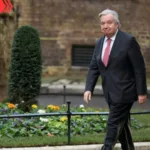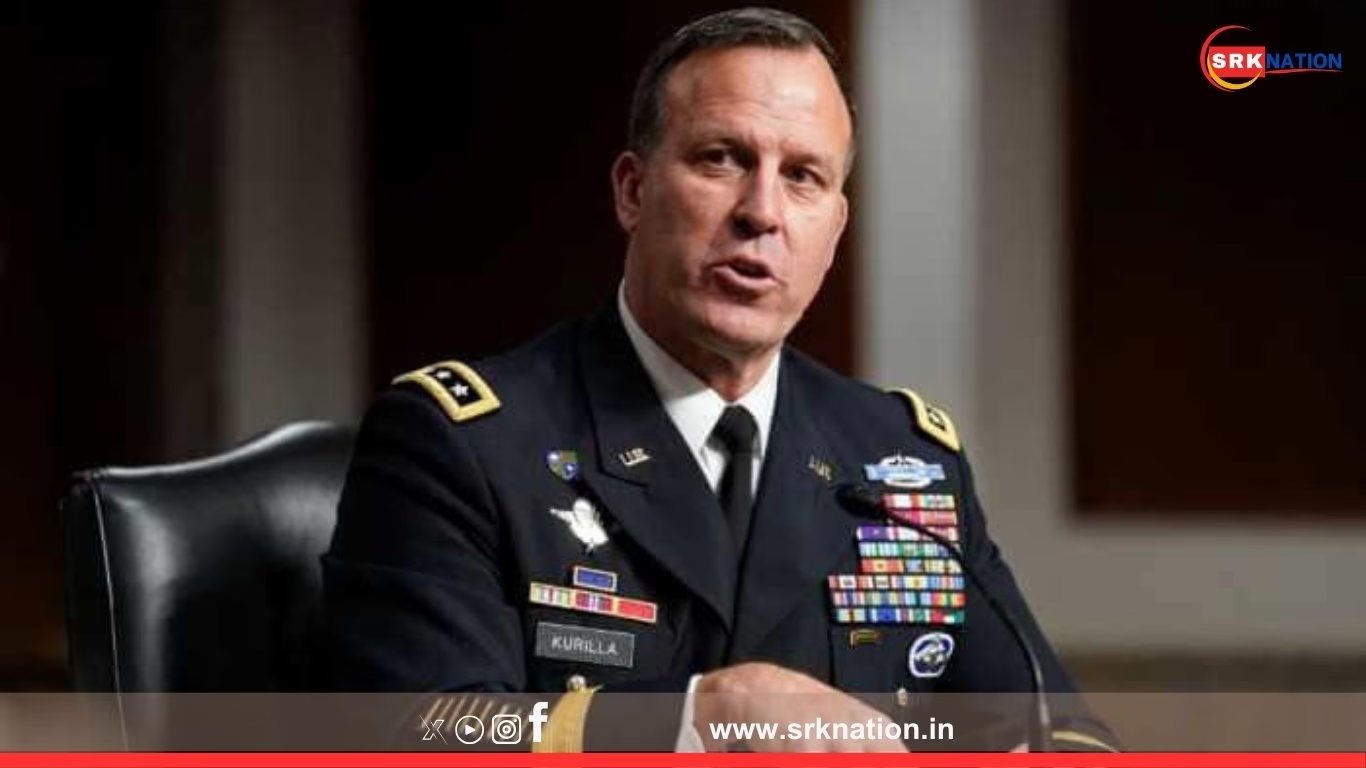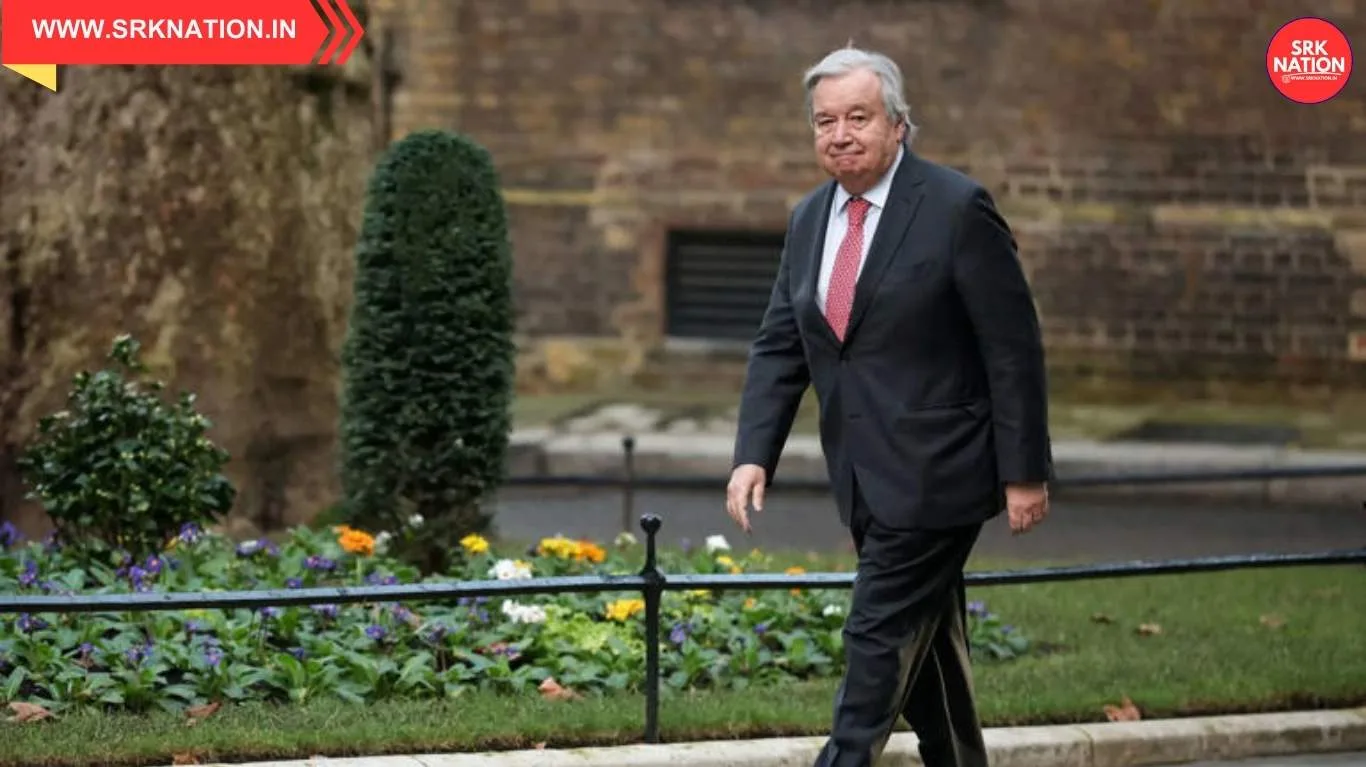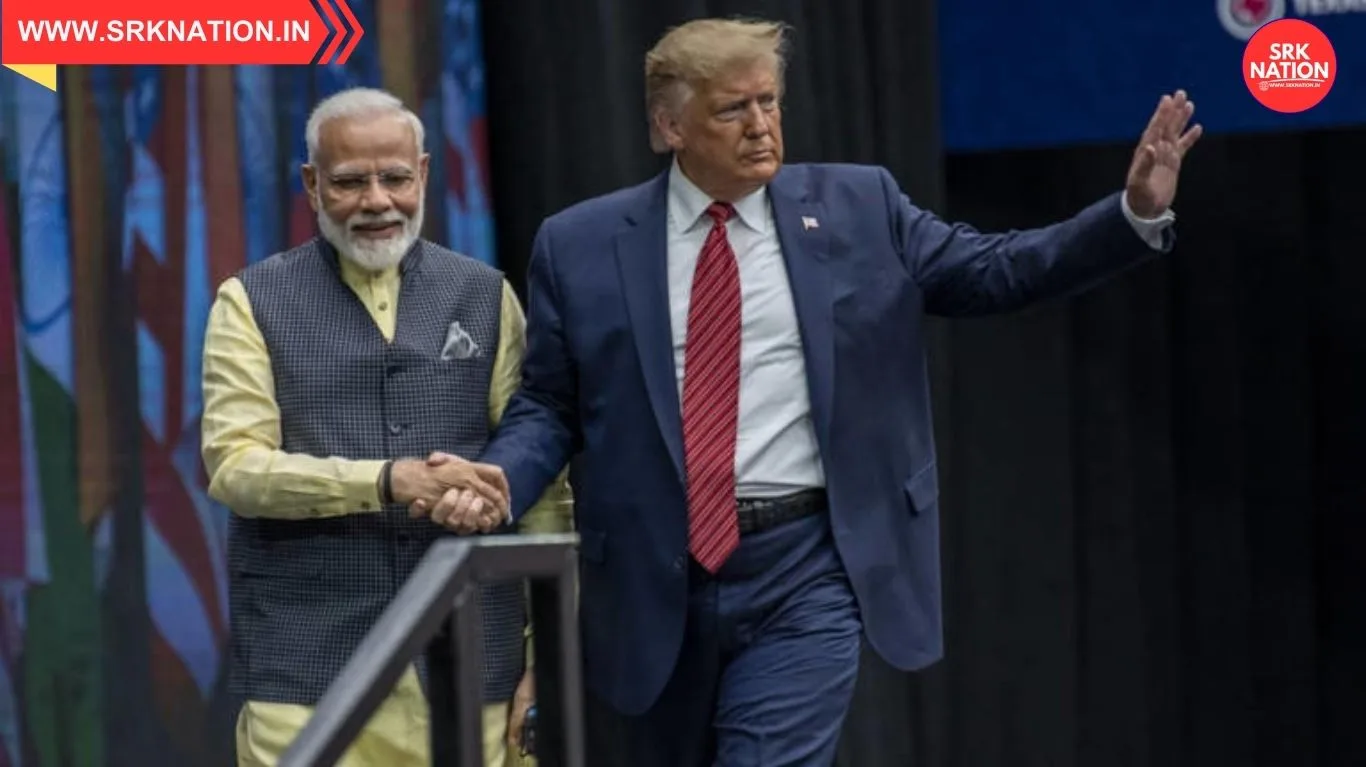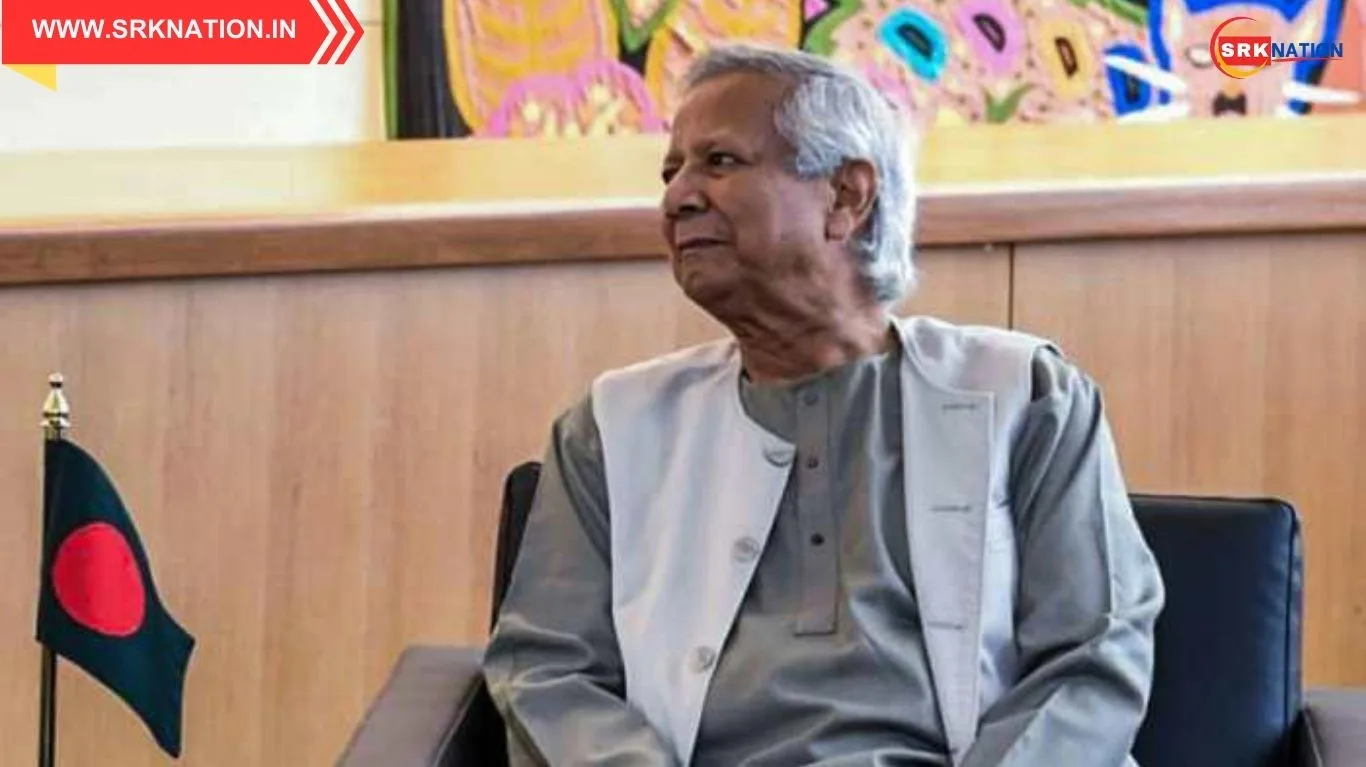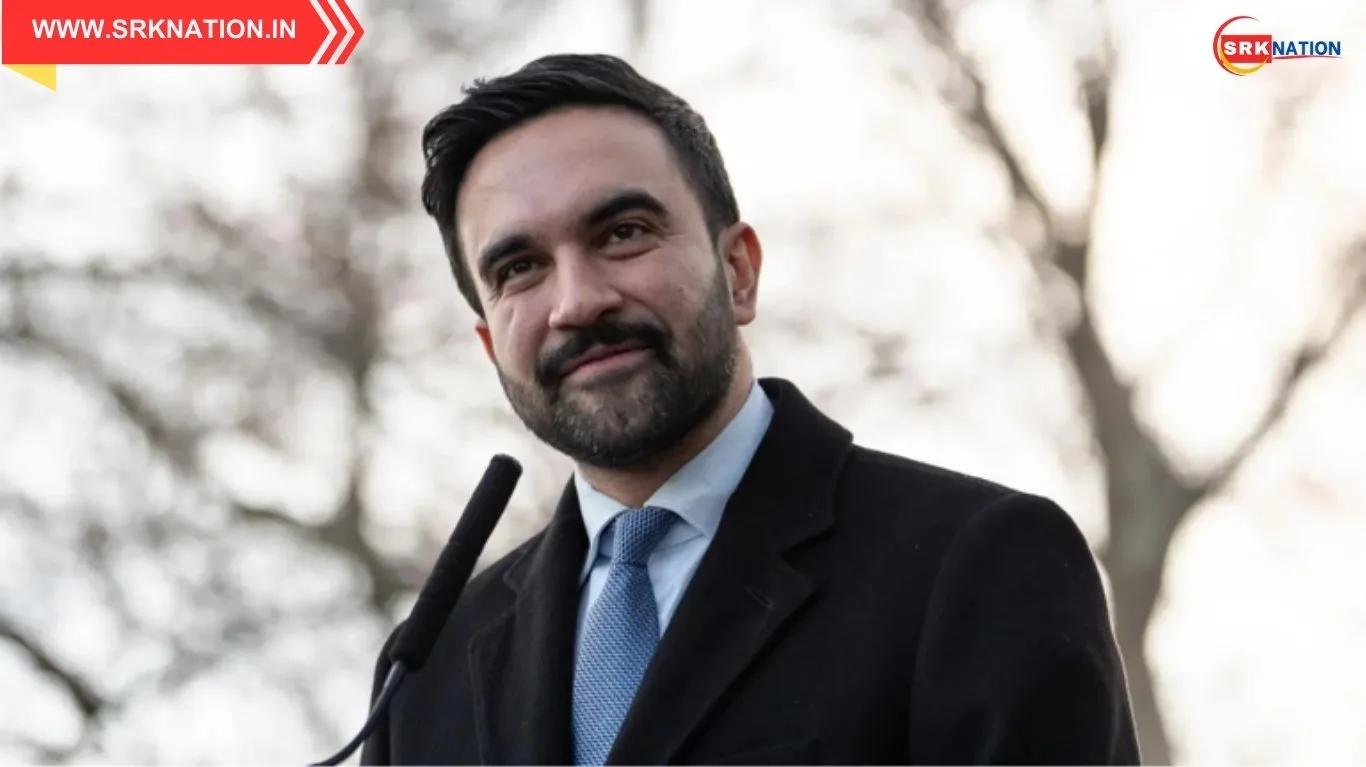In a significant diplomatic gesture that underscores the deepening military and strategic cooperation between Islamabad and Washington, Pakistan has conferred one of its highest civil-military honours on a top-ranking United States general, who recently lauded Pakistan as a “phenomenal counterterrorism partner.” The award, which marks a rare and symbolic recognition of foreign military personnel, has stirred geopolitical discourse across South Asia and among international defense analysts.
The decorated officer, a four-star general from the United States Central Command (CENTCOM), was presented with the honour in a high-profile ceremony in Islamabad, attended by Pakistan’s top military brass, senior government officials, and members of the diplomatic community.
Strategic Recognition in Tumultuous Times
The move comes at a time when regional security challenges in South Asia and the Middle East remain fluid, with rising concerns over militancy resurgence in Afghanistan, instability along the Pakistan-Iran border, and the shifting alliances influenced by global power competition between the US, China, and Russia.
Pakistan’s military establishment, in an official statement, praised the US general for his “exemplary leadership and sustained engagement in promoting regional peace, supporting Pakistan’s counterterrorism efforts, and strengthening bilateral defense ties.” The general has played a critical role in overseeing military cooperation, intelligence sharing, and joint counterterror initiatives across key theatres, including Afghanistan and the Gulf region.
High Honour and Diplomatic Symbolism
The award, Hilal-e-Imtiaz (Military)—the second highest military medal bestowed on foreign nationals by Pakistan—was presented by the Chief of Army Staff (COAS) at General Headquarters in Rawalpindi. It recognizes individuals for exceptional meritorious contributions to the security and interests of Pakistan, especially in the realm of defense diplomacy and strategic alliance building.
| Award Name | Hilal-e-Imtiaz (Military) |
|---|---|
| Recipient | US CENTCOM General (Name withheld) |
| Presented By | Chief of Army Staff, Pakistan |
| Venue | General Headquarters, Rawalpindi |
| Primary Reason | Enhancing US-Pakistan counterterror ties |
| Historical Precedents | Very few foreign military recipients |
| Geopolitical Significance | Strengthening Islamabad-Washington axis |
A History of Complex US-Pakistan Military Ties
The US-Pakistan defense relationship has had a tumultuous history, marked by periods of close cooperation and deep mistrust. During the early phases of the global war on terror post-9/11, Pakistan served as a critical logistical and intelligence ally to American forces operating in Afghanistan. However, relations soured significantly in the last decade over issues like the 2011 Abbottabad raid that killed Osama bin Laden and repeated drone strikes inside Pakistan’s tribal belt.
Yet, despite these tensions, military-to-military cooperation has largely remained intact, often serving as a backchannel to stabilize broader diplomatic turbulence.
The honoured US general, known for his pragmatic approach to coalition building, reportedly played a behind-the-scenes role in facilitating Pakistan’s humanitarian and border management initiatives during the chaotic US withdrawal from Afghanistan in 2021.
“Phenomenal Counterterror Partner”: General’s Statement Echoes in Islamabad
Speaking at a regional defense summit earlier this year, the general had made headlines by calling Pakistan a “phenomenal counterterrorism partner.” His statement, while welcomed by Islamabad, triggered debate in strategic circles in Washington and New Delhi.
In his speech, he had highlighted Pakistan’s efforts to combat insurgent threats along its western borders, dismantle extremist safe havens, and enhance security along the Durand Line. He noted that Pakistan’s Inter-Services Intelligence (ISI) and armed forces had consistently cooperated with US forces on actionable intelligence and logistical support during critical operations.
Regional Security Implications and Strategic Calculations
The honour bestowed on the US general has wide-ranging regional and geopolitical implications, especially against the backdrop of:
- India-US strategic proximity in recent years
- Pakistan-China defense synergy, particularly via CPEC’s security framework
- The evolving role of Taliban-led Afghanistan
- Renewed talks between Tehran and Islamabad on border cooperation
Observers note that while India remains the principal strategic partner for the US in the Indo-Pacific, Pakistan’s role in the counterterror theatre and logistics routes into Central Asia makes it an indispensable player in certain military frameworks.
| Regional Actor | Relationship with US | Current Military Cooperation with Pakistan |
|---|---|---|
| India | Strategic partner | Limited |
| Afghanistan (Taliban) | Adversarial (with US) | Fragile cooperation on border stability |
| China | Strategic competitor (to US) | Deep military and economic ties with Pakistan |
| Iran | Sanctioned by US | Occasional border intelligence coordination |
| Gulf Nations | US-aligned | Strong defense and diaspora-driven ties |
Broader Reactions: Global and Domestic
The honouring of the US general has elicited mixed responses across the international and domestic spectrum.
- Washington D.C. welcomed the recognition as a sign of healthy bilateral military relations and reaffirmed the need for continued joint efforts to combat extremism in the region.
- Indian defense analysts, however, expressed caution, viewing the gesture as a subtle US signal of balancing relationships in South Asia rather than siding exclusively with New Delhi.
- Pakistani opposition voices questioned the optics of such a ceremony amid rising concerns about internal security lapses, inflation, and governance issues. Some criticized the military establishment for “prioritizing optics over ground-level counterterror progress.”
A Rare Gesture in Historical Context
In Pakistan’s military history, very few foreign generals have received such high-ranking awards, emphasizing the rarity and significance of this event. Past recipients include military officials from China, Turkey, and Saudi Arabia, all nations considered long-time defense allies of Islamabad.
The US general now joins this exclusive club, symbolizing a possible reset or rejuvenation of Pakistan-US ties, especially in the post-Afghanistan era.
Outlook: What Does This Mean for Future US-Pakistan Relations?
While this honour alone may not signify a strategic alliance, it signals a clear willingness from both sides to engage beyond diplomatic irritants. Experts believe it could lay the groundwork for:
- Expanded military education exchanges
- Coordinated maritime security patrols in the Arabian Sea
- Cybersecurity collaboration
- Joint humanitarian and disaster relief initiatives
Moreover, it reflects Pakistan’s strategy to diversify its global defense engagements, keeping ties with China intact while reinvigorating dormant links with the West.
Conclusion
The conferring of a major national honour by Pakistan to a top US general marks a moment of cautious optimism in bilateral defense ties. It recognizes the often understated but critical cooperation between the two countries in fighting terrorism and maintaining regional security. While challenges remain on the political and diplomatic fronts, such symbolic gestures can serve as bridges between past complexities and future collaboration.
Whether this act paves the way for deeper strategic synergy or remains a ceremonial outlier depends on how both nations manage their overlapping interests in the months to come.
Disclaimer: This report is based on statements, publicly available information, and analytical perspectives on recent events. Political developments and military alliances are dynamic and may evolve. Readers are advised to refer to official government briefings for authoritative updates.



